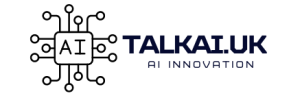In the fast-paced realm of software development, the question of whether developers still need to invest time in learning programming languages persists, particularly in the wake of advancements in AI and the proliferation of low-code/no-code tools. While the landscape is indeed evolving, the necessity for programming language proficiency remains a cornerstone of developer expertise.
Traditionally, developers have relied on a repertoire of programming languages to craft solutions tailored to specific needs. Surveys and reports incessantly highlight the most sought-after languages, reinforcing the notion that continuous learning is essential in the field. However, the advent of AI, particularly generative AI, coupled with the rise of low-code/no-code platforms, has prompted speculation about the future relevance of traditional programming languages.
Nvidia CEO Jensen Huang’s vision of a programming language-free future, where computing technology becomes intuitive and accessible to all, underscores the transformative potential of AI. Yet, skepticism lingers. While AI-driven tools like GitHub’s Copilot promise streamlined development processes, the role of the developer as a knowledgeable overseer remains paramount.
Generative AI tools, stemming from predictive models rooted in neural networks, have accelerated the evolution of software development. These tools, ranging from ChatGPT to Copilot, offer unprecedented assistance but demand an understanding beyond mere syntax. Developers must grasp underlying concepts to harness AI effectively.
Research indicates that AI can expedite tasks by up to 55%, potentially affording developers the opportunity to broaden their skill sets. However, this entails embracing new roles such as prompt engineering, where clear communication with AI assistants fosters both efficiency and proficiency.
While AI augments productivity, developers must remain vigilant during code reviews, navigating the nuances of AI-generated code. The shift towards AI-assisted development necessitates a paradigm wherein developers balance automation with expertise, ensuring robust and reliable solutions.
Despite apprehensions about AI replacing traditional coding practices, the need for skilled developers endures. Businesses leveraging AI may streamline operations, but the demand for expertise in oversight and problem-solving persists. Junior developers, in particular, must embrace this paradigm shift, augmenting their skills to remain competitive in a dynamic industry.
As the industry navigates the intersection of AI, low-code/no-code tools, and programming languages, developers must adapt, leveraging automation while honing their craft. The evolution of software development heralds a future where expertise complements AI assistance, empowering developers to innovate and thrive in a rapidly changing landscape.



